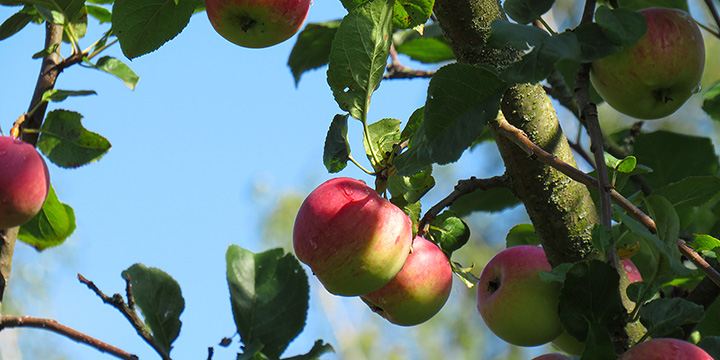Have you heard the saying ‘I felt sorry for myself because I had no shoes, until I met a man who had no feet’? I’m sure we have all experienced this to some degree or other. When I lived in South Africa and saw the small metal huts people in squatter camps were living in, with no running water and limited access to electricity, I felt grateful for the house we lived in. And I’m guessing that you have had the experience of, for instance, being frustrated because finances are tight, only to have a health scare and realise that you are grateful to be alive, financial worries and all.
The film ‘It’s a Wonderful Life’, with James Stewart, captures this idea well. The main character is annoyed with so many things in his life – a big financial debt; a child with a fever; not being able to travel as he’d hoped; even a banister knob that keeps coming off each time he climbs the stairs. He considers jumping in the river as a way out of the pain. But when he is allowed to experience what life would have been like had he never existed, he comes to realise how much good there is in his life, and then even the broken banister gives him enjoyment.
It is amazing how much seemingly trivial things can upset us. We drive to the shops and two people driving somewhat discourteously can mean we arrive at our destination grumpy, even though the other two hundred cars we passed drove perfectly respectfully. Or a sore back can mean we have a cloud hanging over our head for much of the day. And yet there are so many miracles in our lives which exist because the Lord is with us every moment. Multiple times each minute our hearts circulate blood and we take a breath that fills our bodies with life-giving oxygen. I once had a bad asthma attack and for fifteen seconds I couldn’t breathe at all. I remember so clearly how sweet that first breath was when my throat relaxed enough to breathe.
What if each breath, or at least many breaths a day, gave us an opportunity to thank the Lord for the sweet breath of life?
Thus says God the Lord,
who created the heavens and stretched them out,
who spread forth the earth and that which comes from it,
who gives breath to the people on it,
and spirit to those who walk on it:
‘I, the Lord, have called You in righteousness,
and will hold Your hand.”
Isaiah 42:5-6
David, in Psalm 139:13-15, says:
“For You formed my inward parts;
You covered me in my mother’s womb.
I will praise You, for I am fearfully and wonderfully made;
marvellous are Your works, and that my soul knows very well.
My frame was not hidden from You, when I was made in secret,
and skilfully wrought in the lowest parts of the earth.”
I love this image of the Lord carefully, secretly, skilfully forming each of us. Because He did so, there are miracles at every step, in every day, if we are willing to notice them.
Another way of thinking about this is to ask ourselves what we would see differently, if we spent part of each day trying to determine where the Lord is in what we’re seeing. Sometimes we do this spontaneously, for example when we look at a flower, formed so exquisitely that we cannot help but think of the hand of its Maker. Perhaps we can do it in other ways too.
We don’t need to be thinking of the Lord all day long and in fact we can hold Him within our spirits even as we focus on other things (Arcana Caelestia 5130). But at harvest time, we stop to notice His blessings. We remember, consciously, for a time, the abundant miracles in our lives.
“And you shall remember Jehovah your God,
for it is He who gives you power to get wealth,
that He may establish His covenant
which He promised to your fathers, as it is this day.”
Deuteronomy 8:18
(See also Exodus 13:3; Psalm 20:7; Psalm 22:27; Jeremiah 51:50 & Numbers 15:39)

